Understanding Gum Disease: Symptoms, Causes, and Natural Treatments

Gum disease, also known as periodontal disease, is a prevalent oral health issue affecting millions worldwide. It can range from mild inflammation to severe damage to the gum tissue and supporting bone structure.
Ignoring severe gum disease can lead to tooth loss and other serious health complications. In this article, we’ll discuss the symptoms, causes, and natural treatments for gum disease to help you better understand and manage this condition.
How can I tell if I have gum disease?
Identifying gum disease in its early stages is crucial for effective treatment. Here are some warning signs that you may have gum disease:
- Bleeding Gums: One of the most common signs of gum disease is bleeding of the gum line, especially during brushing or flossing.
- Tender or Swollen Gums: If your gums are swollen, tender, or red, it could indicate gum inflammation, a hallmark of gum disease.
- Persistent Bad Breath: Bad breath that doesn’t go away even with proper oral hygiene may be a sign of gum disease.
- Receding Gums: Gums that are pulling away from the teeth, making the teeth appear longer, could signal gum disease.
- Loose Teeth: Gum disease can cause the supporting bone structure to deteriorate, leading to loose teeth or changes in your bite.
What are the Symptoms of Gum Disease and Treatment?
Gum disease symptoms can vary depending on the severity of the condition. Here are some common symptoms and treatment options:
Gingivitis
This is the early stage of gum disease, characterized by mild inflammation and bleeding gums. Treatment usually involves professional dental cleaning and improved oral hygiene practices.
Periodontitis
If left untreated, gingivitis can progress to periodontitis, where the gums pull away from the teeth, forming pockets that become infected. Treatment may involve scaling and root planing to remove plaque and tartar buildup, antibiotics, and in severe cases, surgery to repair damaged tissues.
Advanced Periodontitis
In advanced cases, periodontitis can cause significant damage to the bone and tissues supporting the teeth, leading to tooth and bone loss. Treatment may require more extensive procedures such as a bone graft or guided tissue regeneration.
How Does Gum Disease Develop?
Gum disease typically develops due to poor oral hygiene habits that allow plaque, a sticky film of bacteria, to accumulate on the teeth and along the gumline. If plaque is not removed through regular brushing and flossing, it can harden into tartar, which can only be removed by a dental professional. Tartar buildup irritates the gums, leading to inflammation and eventual gum disease.
Can Gum Disease Affect Only One Tooth?

While gum disease can affect multiple teeth, it can also target specific teeth, especially if there are risk factors such as crowding, misalignment, or localized plaque buildup that make certain areas more susceptible to gum disease. However, without proper treatment and management, these risks can make periodontal disease contagious to the surrounding teeth, spreading around the mouth and escalating in severity.
Does Gum Disease Cause Tooth Decay?
While gum disease primarily affects the soft tissue and supporting structures of the teeth, it can indirectly contribute to tooth decay. Advanced gum disease can lead to the formation of pockets between the gums and teeth, providing a breeding ground for bacteria. These bacteria can produce acids that erode tooth enamel, leading to cavities and decay if left untreated.
What are some Natural Ways to Treat Gum Disease?
In addition to professional dental treatment, there are several natural remedies and lifestyle changes that may help manage gum disease:
Proper Oral Hygiene
The American Dental Association recommends brushing twice a day with fluoride toothpaste, flossing daily, and using an antimicrobial mouthwash to help remove plaque and prevent gum disease.
Healthy Diet
Eating a balanced diet rich in fruits, vegetables, and lean proteins can support overall oral health and keep your teeth fit and healthy while boosting the immune system to fight gum disease.
Oil Pulling
Swishing coconut oil or sesame oil in your mouth for about 15-20 minutes may help reduce plaque and inflammation.
Saltwater Rinse
Gargling with warm saltwater can help reduce inflammation and promote healing of the gums.
Herbal Remedies
Certain herbs like sage, chamomile, and tea tree oil have antimicrobial properties that may help combat gum disease. However, it’s essential to use them cautiously and under the guidance of a healthcare professional.
Managing Gum Disease
Gum disease is a common yet preventable oral health condition that requires prompt attention and proper management. By recognizing the symptoms, understanding the causes, and adopting good oral hygiene habits, you can protect your gums and maintain a healthy smile for years to come. If you suspect you have gum disease, don’t hesitate to consult with your dentist for professional evaluation and treatment.
Healthy Teeth and Gums with Dr. Dalesandro
At Dr. Dalesandro & Associates, our primary focus is on the dental health and happiness of your entire family. As specialists in family dentistry, we provide a wide range of comprehensive services tailored to meet the needs of patients of all ages. Whether you require routine check-ups, specialized treatments, or emergency dental care, our dedicated team is here to ensure that every smile receives the individualized attention it deserves.
What Sets Us Apart:
Our practice is dedicated to offering comprehensive family dentistry services, addressing various dental needs to help patients achieve optimal oral health and confidence in their smiles.
In cases of dental emergencies, we are fully equipped to provide prompt and efficient care, ensuring that your family receives immediate attention and relief from discomfort.
Enhance your smile with our professional teeth whitening services, utilizing safe and effective techniques to achieve the results you desire.
For our younger patients, we provide tailored preventive services aimed at promoting healthy habits and maintaining optimal oral health from an early age.
Located conveniently in Tucson, our practice is committed to providing exceptional dental care for your entire family, regardless of age or dental concerns. Begin your family’s journey toward healthier smiles with our website.
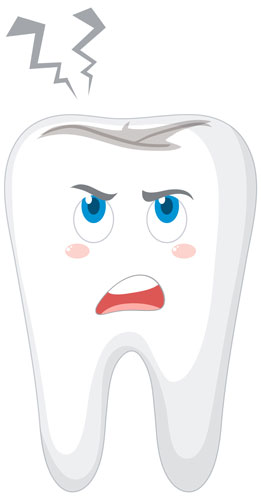
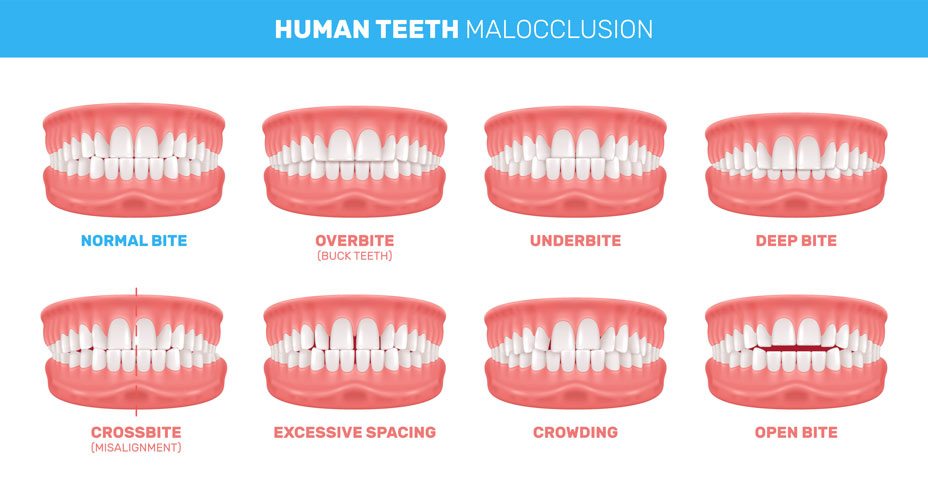
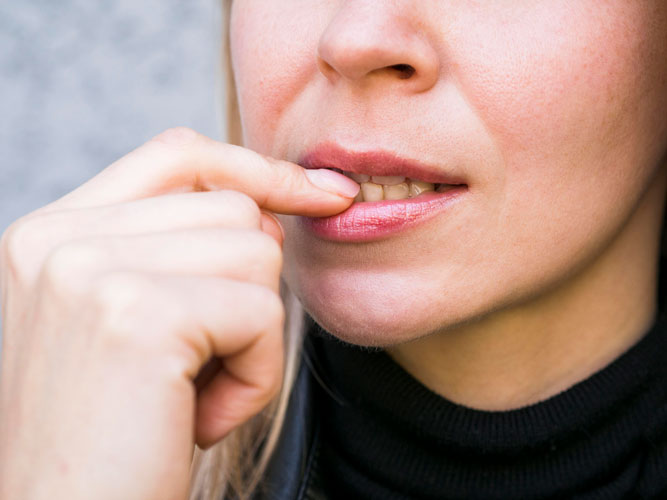
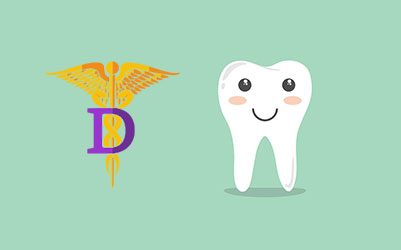
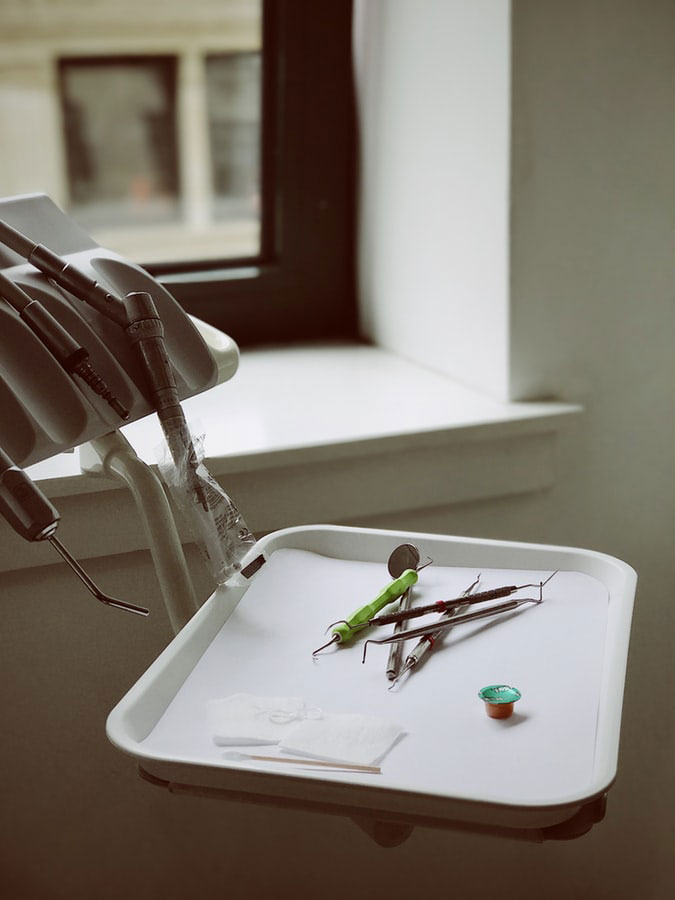
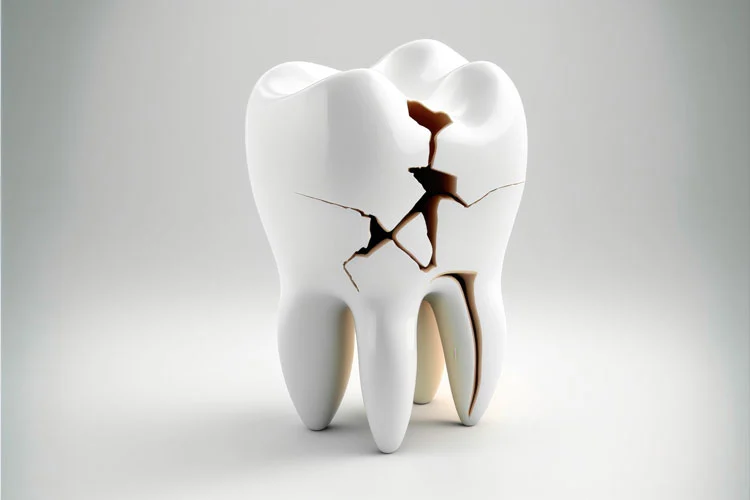
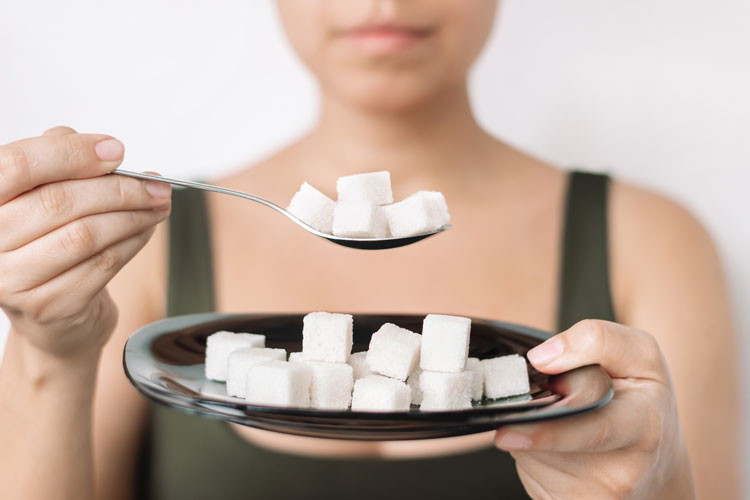

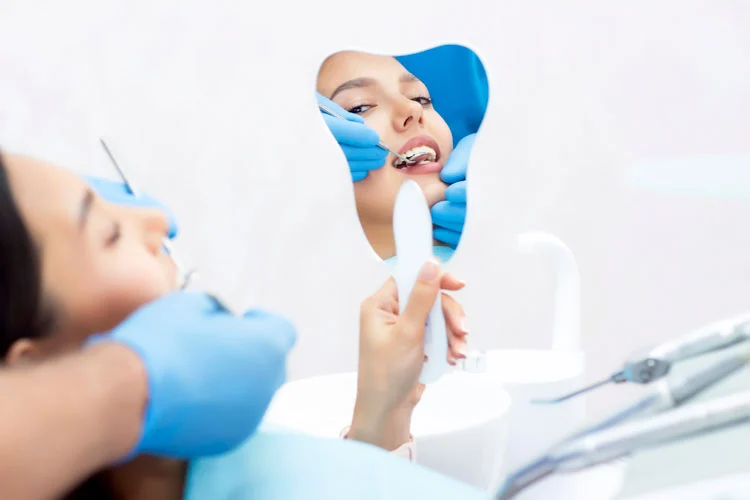
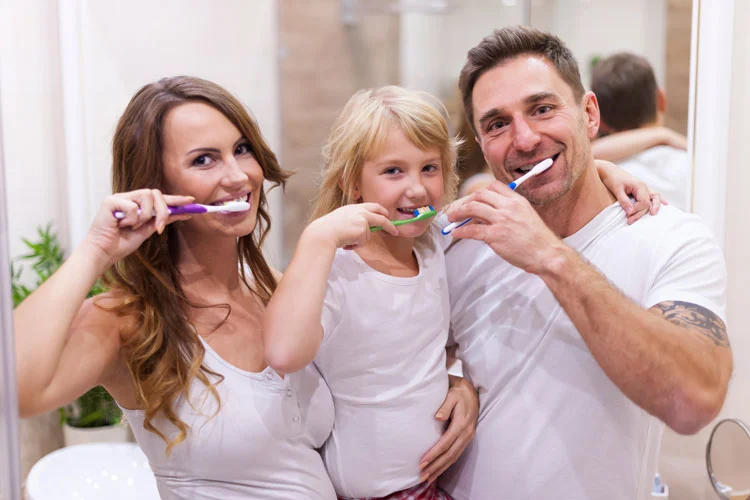
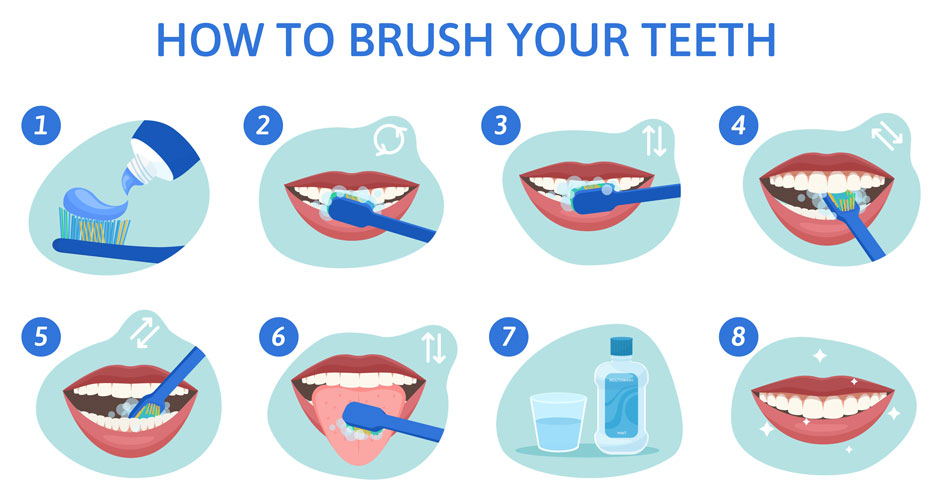
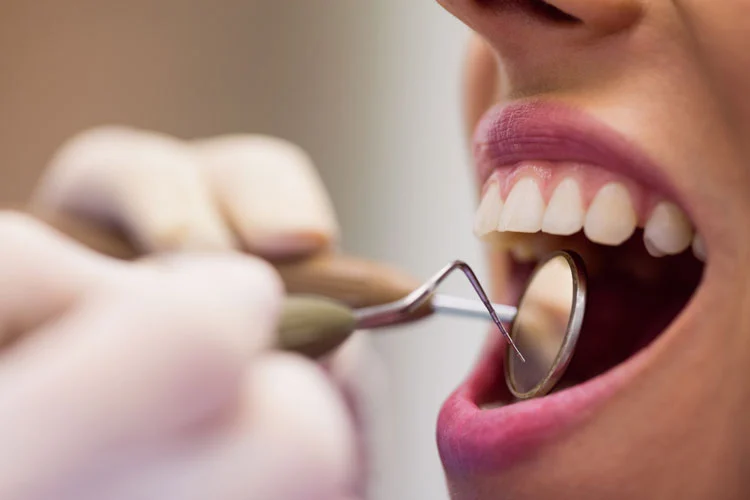
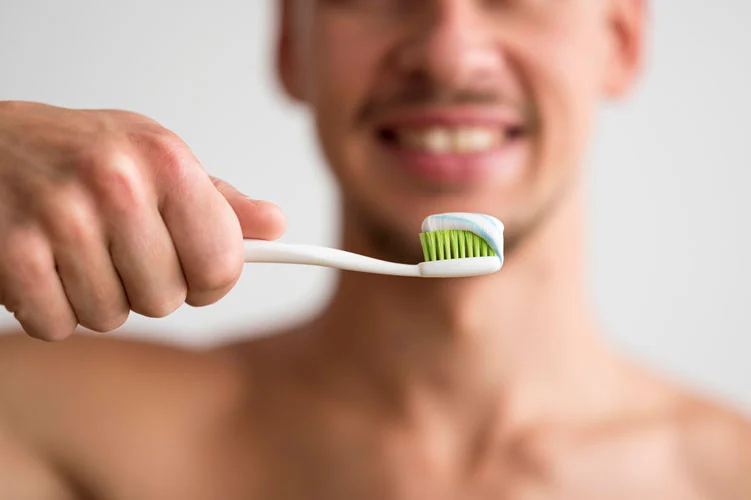
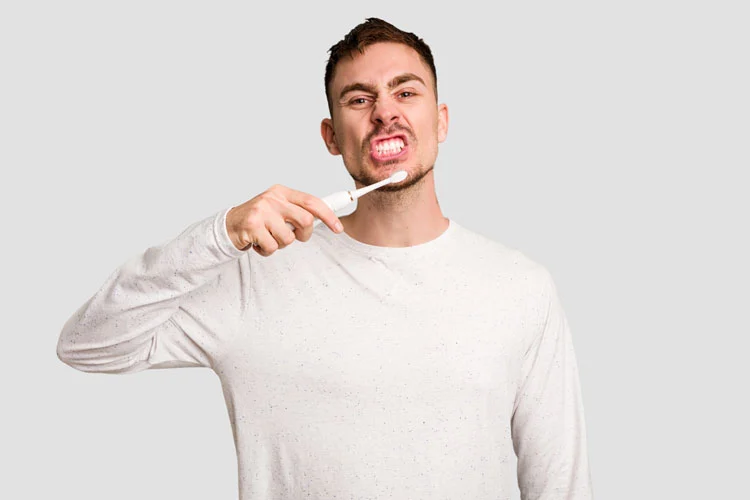
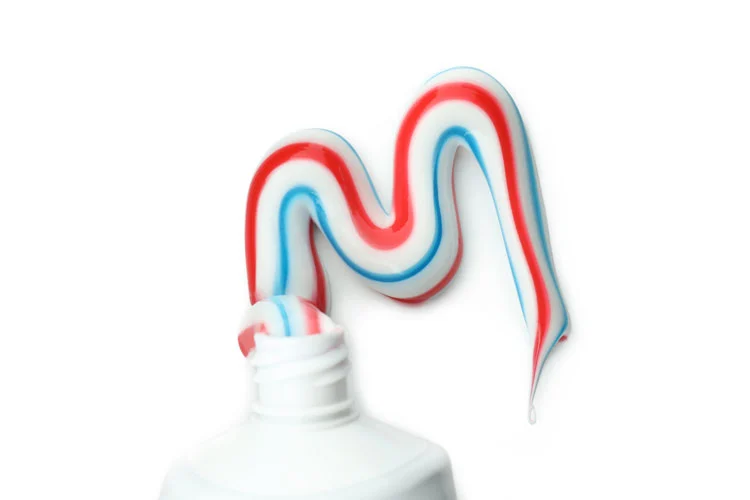
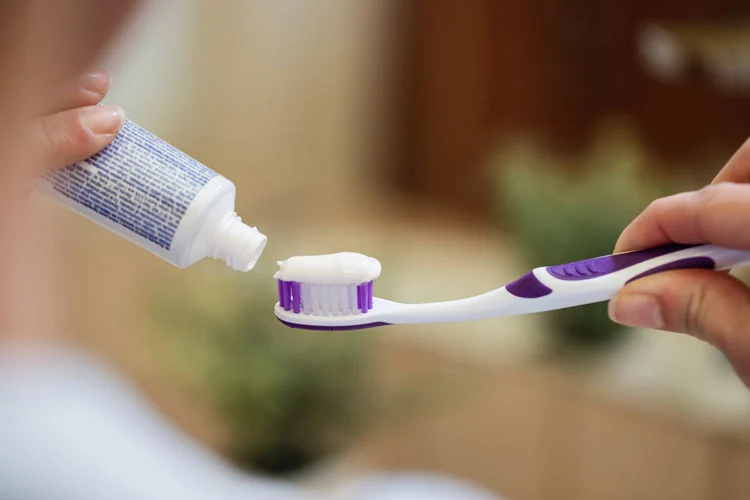
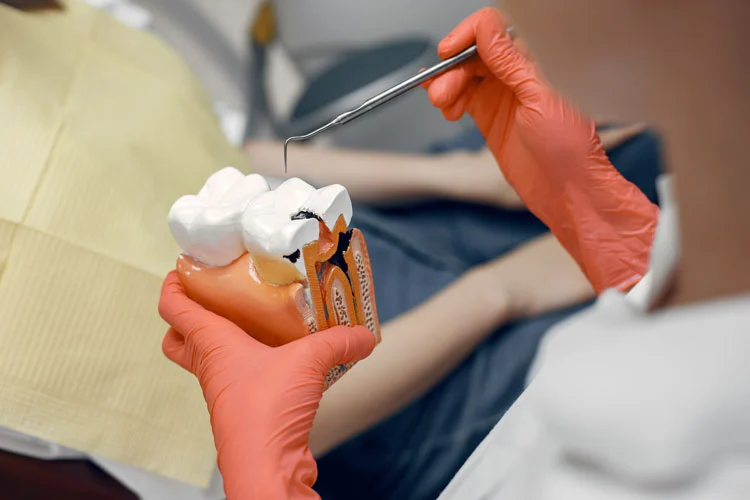

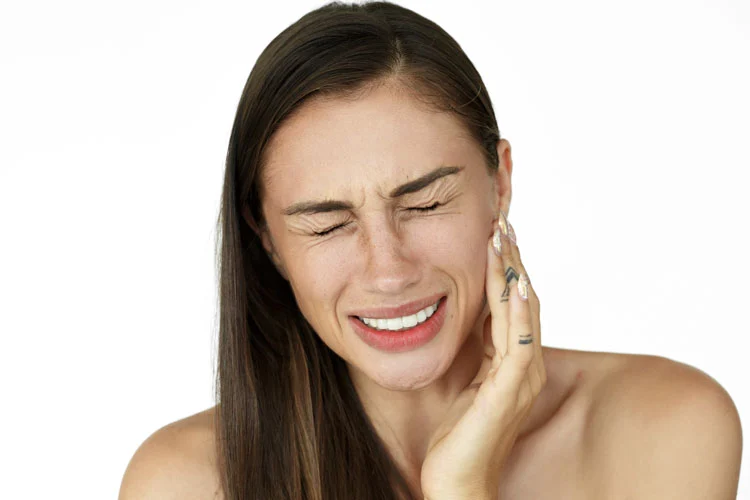
 Periodontal disease affects about 20%-50%
Periodontal disease affects about 20%-50%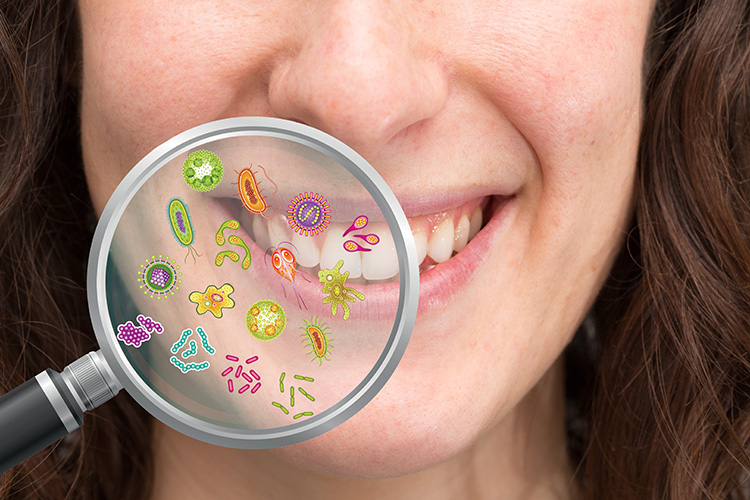 Causes
Causes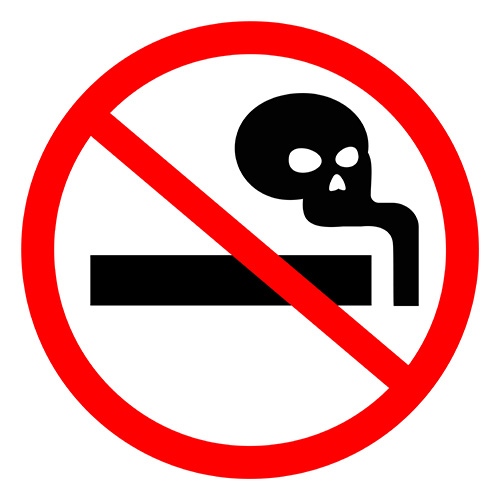 With proper treatment and good oral health practices, periodontitis is manageable.
With proper treatment and good oral health practices, periodontitis is manageable.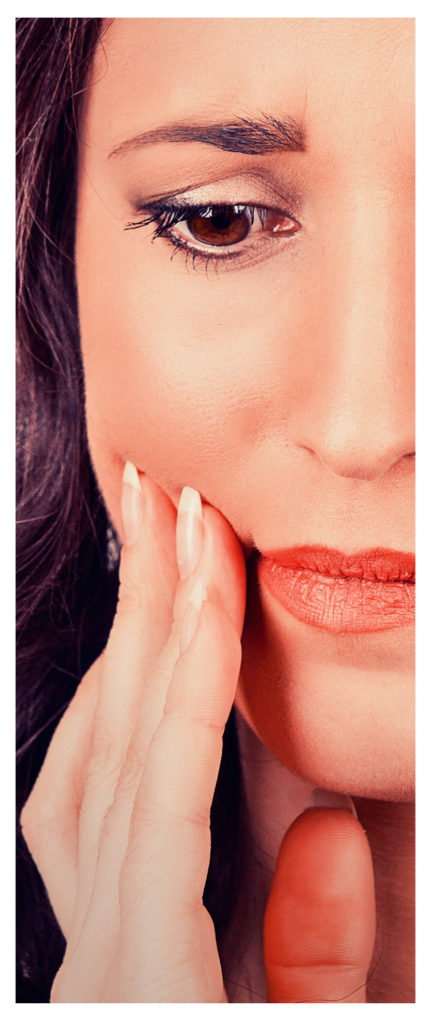 Can decayed teeth be fixed? First let’s discuss tooth decay briefly. Tooth decay is a process that happens over time. Untreated tooth decay will become cavities. There are hundreds of different kinds of bacteria in the mouth, which you can read more about in this
Can decayed teeth be fixed? First let’s discuss tooth decay briefly. Tooth decay is a process that happens over time. Untreated tooth decay will become cavities. There are hundreds of different kinds of bacteria in the mouth, which you can read more about in this 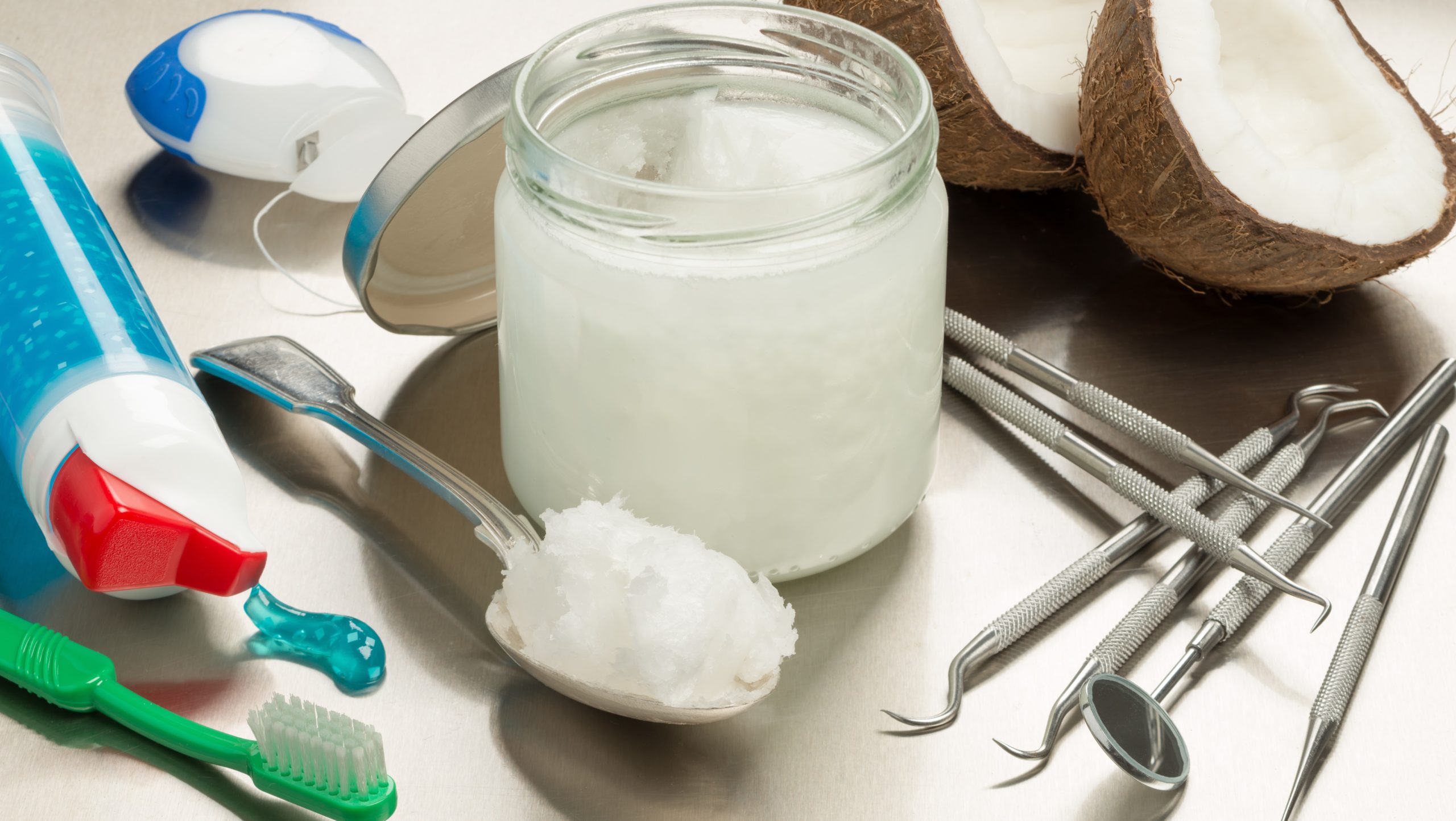
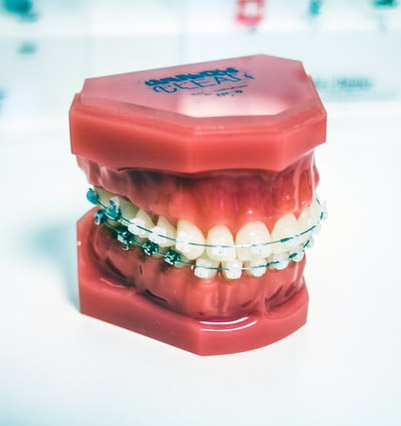 Whether large or small, odds are if you have gaps or misalignments in your teeth, you’ll need braces. They are a corrective dental device used to realign and posture your teeth in the proper order.
Whether large or small, odds are if you have gaps or misalignments in your teeth, you’ll need braces. They are a corrective dental device used to realign and posture your teeth in the proper order.